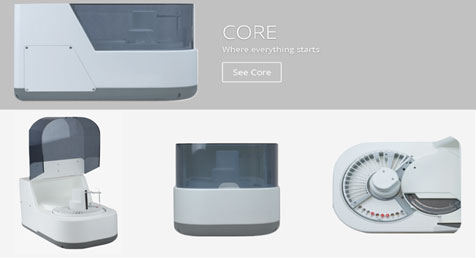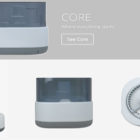The chemistry analyzer plays an important role in clinical laboratories. The device is used to determine concentrations of analytes, provide specific hematology values, and to assay certain therapeutic drugs, thereby helping to diagnose kidney disease, HIV, hepatitis, STDs, diabetes, cancer, heart disease, and much more. The importance of this instrument and the role it plays in the healthcare scenario is validated by market surveys.
The key to successful and safe laboratory testing depends on choosing the right analyzer. Choice should be based on factors such as volume of testing, level of automation, and throughput capabilities. Modular solutions can be conveniently scaled to suit changing laboratory requirements. Here are some tips to help you to choose the right chemistry analyzer for your clinical lab:
- Choose a reputable brand
- Check load capacity, ease of use, durability, and price
- Ensure that the device can deliver accurate and consistent results in quick turnaround time
- Ensure that design complies with industry rules and regulations
- Check technical specifications to make sure that the instrument can meet your lab’s specific requirements
- Check the safety features including closed tube sampling and aliquoting
- Examine whether the product has facilities to execute STAT and routine immunoassays simultaneously
- Check if the device has a built-in printer to print patient reports
- Analyze productivity, capacity and workflow competence




